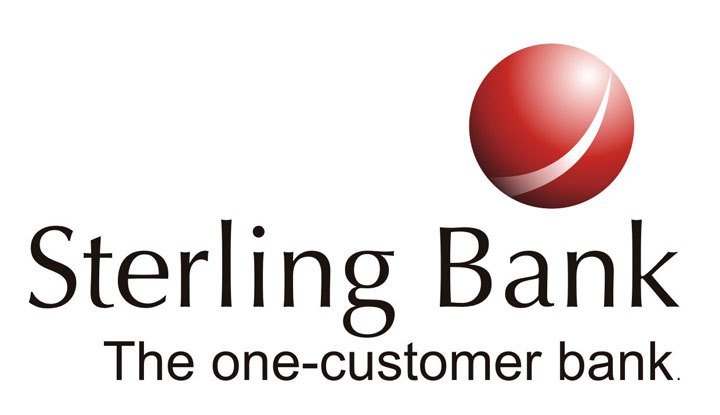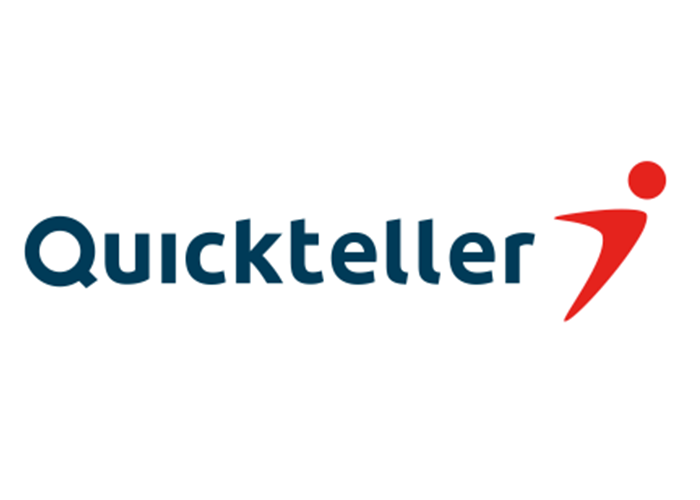By Anietie Udoh
W. Edwards Deming revolutionized manufacturing with his 14 principles, emphasizing quality, efficiency, and continuous improvement. His approach wasn’t just about making production lines more effective—it was about fostering a culture of excellence, adaptability, and long-term growth.
Today, marketing is facing its transformation. The traditional model—where campaigns are rigidly structured with separate teams handling data, creativity, and execution in a linear sequence—has become outdated in a world where consumers expect real-time engagement.
Positionless Marketing builds on Deming’s principles by empowering marketers to act swiftly, collaborate seamlessly, and use AI-driven tools to engage audiences instantly—without sacrificing quality. In essence, it mirrors the agility and innovation required in a fast-paced economy like Nigeria’s, where businesses must constantly evolve to stay ahead.
Below, we explore how Deming’s 14 principles serve as the backbone of Positionless Marketing, showing that whether you’re running a multinational brand or a thriving business in Lagos or anywhere else, adaptability is key.
1) Establish a Constant Purpose for Improvement
Deming believed businesses should be committed to continuous improvement rather than short-term fixes.
Positionless marketing means rejecting rigid, pre-planned campaigns in favor of AI-driven strategies that evolve in real time. It’s no longer about hitting quarterly targets alone but about staying relevant and responding dynamically to consumer behaviors. Think of it like Lagos traffic—those who adapt and find alternative routes reach their destination faster than those stuck on a single path.
2) Adopt the New Philosophy
Organizations that resist change are doomed to fall behind.
Positionless Marketing demands a shift in mindset—from a step-by-step, factory-style marketing process to an agile, real-time approach. Instead of waiting for different teams to complete their tasks sequentially, marketers are empowered to act independently, reducing delays and staying ahead of the competition.
Just as Nigerian entrepreneurs have embraced fintech, e-commerce, and digital banking to stay relevant, marketers must embrace AI and automation to remain competitive in today’s market.
3) Stop Relying on Inspections
In manufacturing, inspections don’t improve quality—they only catch mistakes after they’ve happened. Deming argued that quality must be embedded in the process.
Positionless Marketing operates the same way. Instead of waiting for post-campaign reports to determine what worked, marketers can adjust messaging, creative, and targeting in real time using AI and automation. The era of waiting weeks for insights is over—marketers now make immediate, data-driven decisions, much like a savvy trader in Balogun market, Lagos who knows exactly when to restock fast-moving goods.
4) Commit to Continuous Improvement
Deming’s philosophy of ongoing refinement is at the heart of Positionless Marketing.
Rather than running campaigns in a “set-it-and-forget-it” manner, AI-powered tools allow marketers to test, learn, and iterate constantly. Real-time feedback loops ensure that messaging stays fresh and relevant, similar to how Nigerian businesses pivot rapidly in response to market trends, from jollof rice delivery apps to viral social media campaigns.
ALSO READ: EYITAYO AJAYI MOVES TO DENTSU CANADA TO STRENGTHEN MEDIATECH & PRODUCT ADOPTION
5) Provide On-the-Job Training
Deming emphasized the need for continuous learning so that employees could adapt to industry shifts.
For Positionless Marketers, this means staying ahead of digital trends, understanding data analytics, and mastering customer engagement tools. While AI handles execution, human expertise remains invaluable.
6) Implement Leadership that Empowers, Not Micromanages
Deming believed leadership should guide and support rather than control.
Positionless Marketing embraces this by allowing marketers to make data-driven decisions without waiting for executive approvals. AI insights enable swift, confident action, ensuring speed without sacrificing quality. The true leader in marketing is the consumer, whose preferences dictate success.
7) Eliminate Fear in the Workplace
A culture of fear stifles innovation. Deming argued that employees should feel safe experimenting and making improvements.
Positionless Marketing removes unnecessary bureaucracy. Marketers are encouraged to test, iterate, and refine strategies without fear of failure—because AI and real-time analytics provide instant feedback for course correction.
8) Break Down Silos Between Departments
Deming believed that inefficiencies arise when teams work in isolation.
Positionless Marketing removes silos by integrating data, creativity, and execution into a single, AI-powered system. This ensures that marketing teams function like an interconnected ecosystem rather than separate departments. The result? Faster execution and higher engagement.
9) Get Rid of Meaningless Slogans
Deming discouraged vague corporate slogans, urging businesses to communicate with clarity.
Positionless Marketing achieves this by replacing generic messaging with hyper-personalized engagement. AI ensures that brand interactions are relevant and specific to each customer, making marketing more effective. Instead of the old-school “Buy Now!” approach, brands must communicate authentically.
10) Move Beyond Vanity Metrics
Deming warned against focusing on numbers alone without considering the long-term impact.
Positionless Marketing prioritizes sustainable engagement over short-term vanity metrics. Instead of chasing likes and clicks, brands focus on deeper customer relationships and lifetime value. In a country like Nigeria, where trust is a key factor in purchasing decisions, authentic engagement matters more than inflated analytics.
11) Remove Barriers to Creativity
Deming advocated for giving employees ownership over their work.
Positionless Marketers enjoy creative freedom, adjusting messaging dynamically based on real-time customer behavior. Marketers in a Positionless framework have the flexibility to craft narratives that resonate deeply with their audiences.
12) Encourage Lifelong Learning
Deming pushed for continuous education and skill development.
Positionless Marketers must evolve with the industry, staying informed about AI advancements, consumer psychology, and digital trends.
13) Build a Reliable System, Not a Patchwork of Tools
Deming believed that consistency in production came from a reliable, streamlined process.
For Positionless Marketing to work, brands must invest in cohesive, AI-driven platforms rather than cobbling together multiple disjointed tools. Just as fintech platforms like Flutterwave and Paystack have simplified digital payments in Nigeria, Positionless Marketing thrives on seamless technology that enables independence and efficiency.
14) Make Transformation Everyone’s Responsibility
Deming emphasized that change should not come from leadership alone but from every level of an organization.
Positionless Marketing follows the same principle. Marketers at all levels are empowered to execute independently while still collaborating when needed. It’s about fostering an agile, proactive culture.
Why Positionless Marketing is the Future
Deming’s principles revolutionized manufacturing, and today, they serve as the foundation for Positionless Marketing. In a rapidly evolving digital world, continuous improvement, real-time decision-making, and AI-driven execution define success.
Much like Nigeria’s dynamic business landscape—where innovation thrives in tech hubs, markets, and creative industries—Positionless Marketing is about staying ahead by being flexible, fast, and forward-thinking. If Deming were alive today, he wouldn’t just be optimizing production lines—he’d be reimagining them for the AI-powered, Positionless future.
And in true Nigerian fashion, those who refuse to adapt will be left behind, but those who embrace change will lead the market, setting the pace for the rest of the world.


















